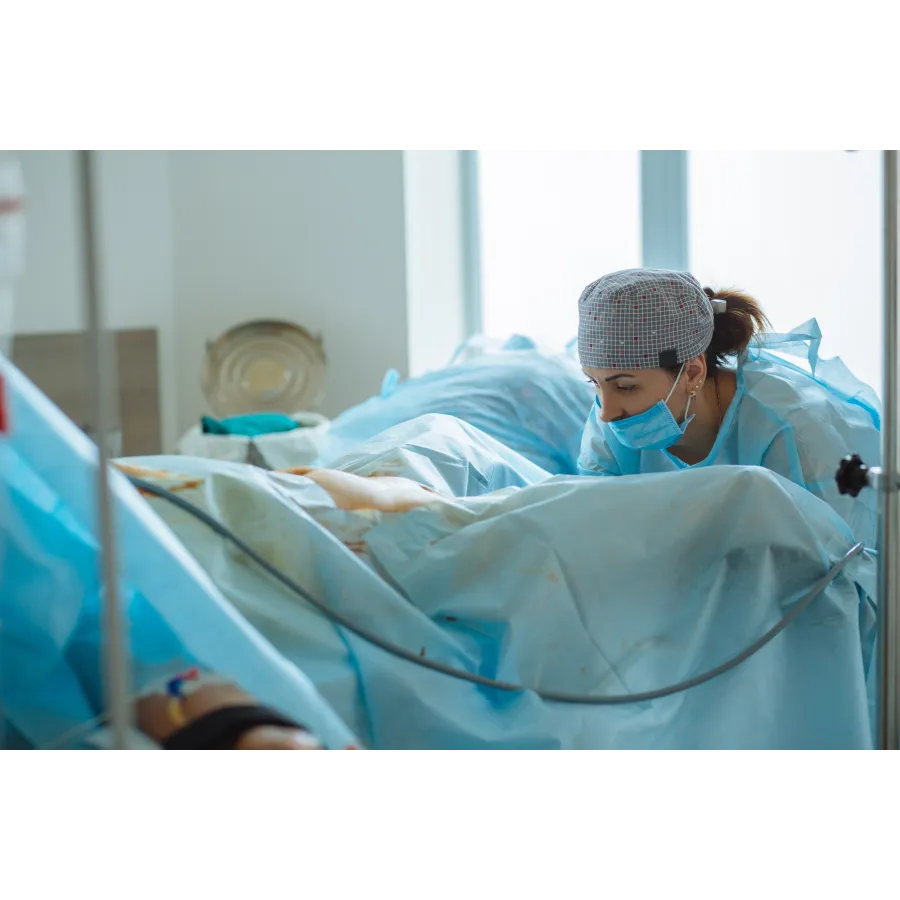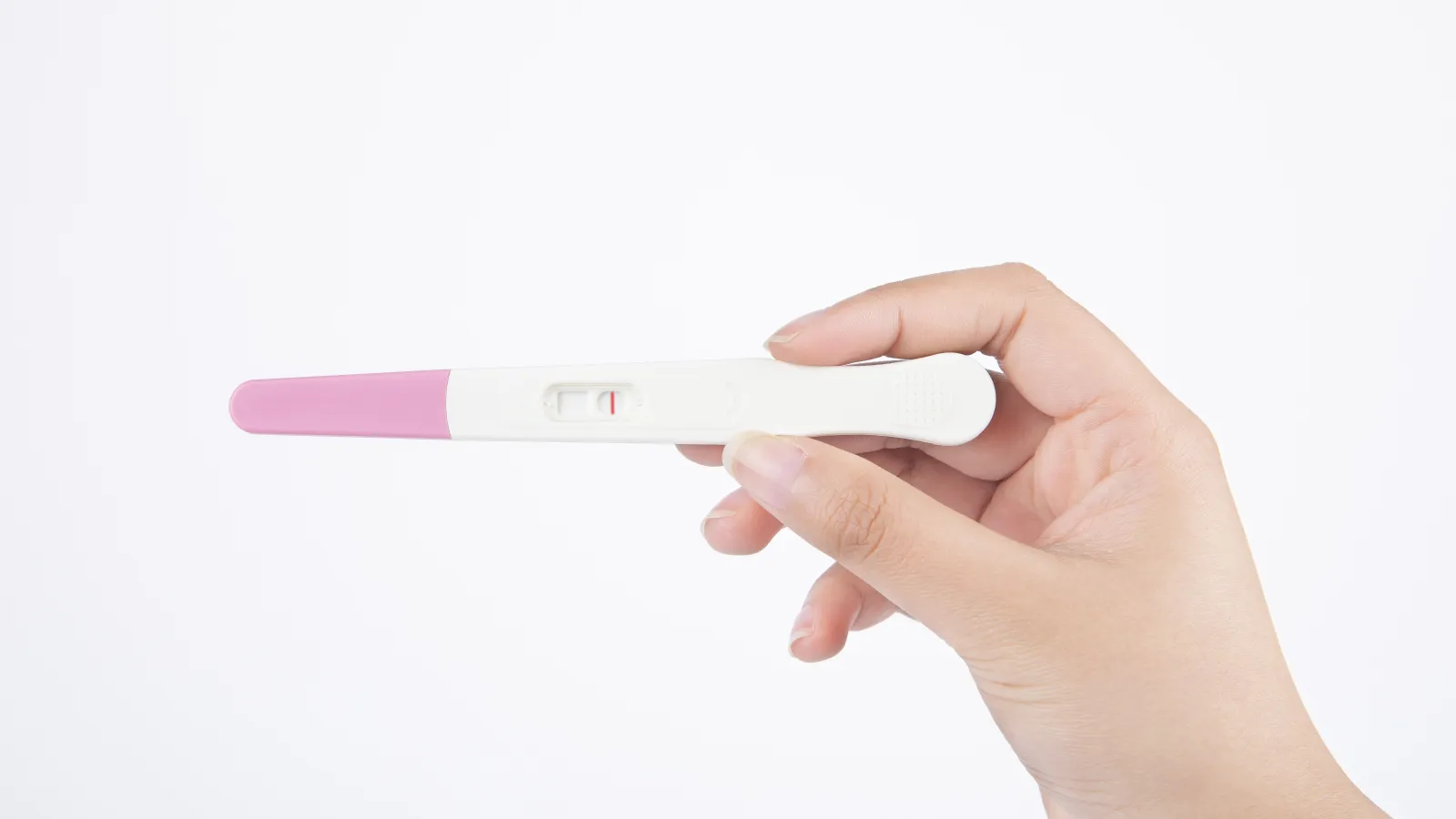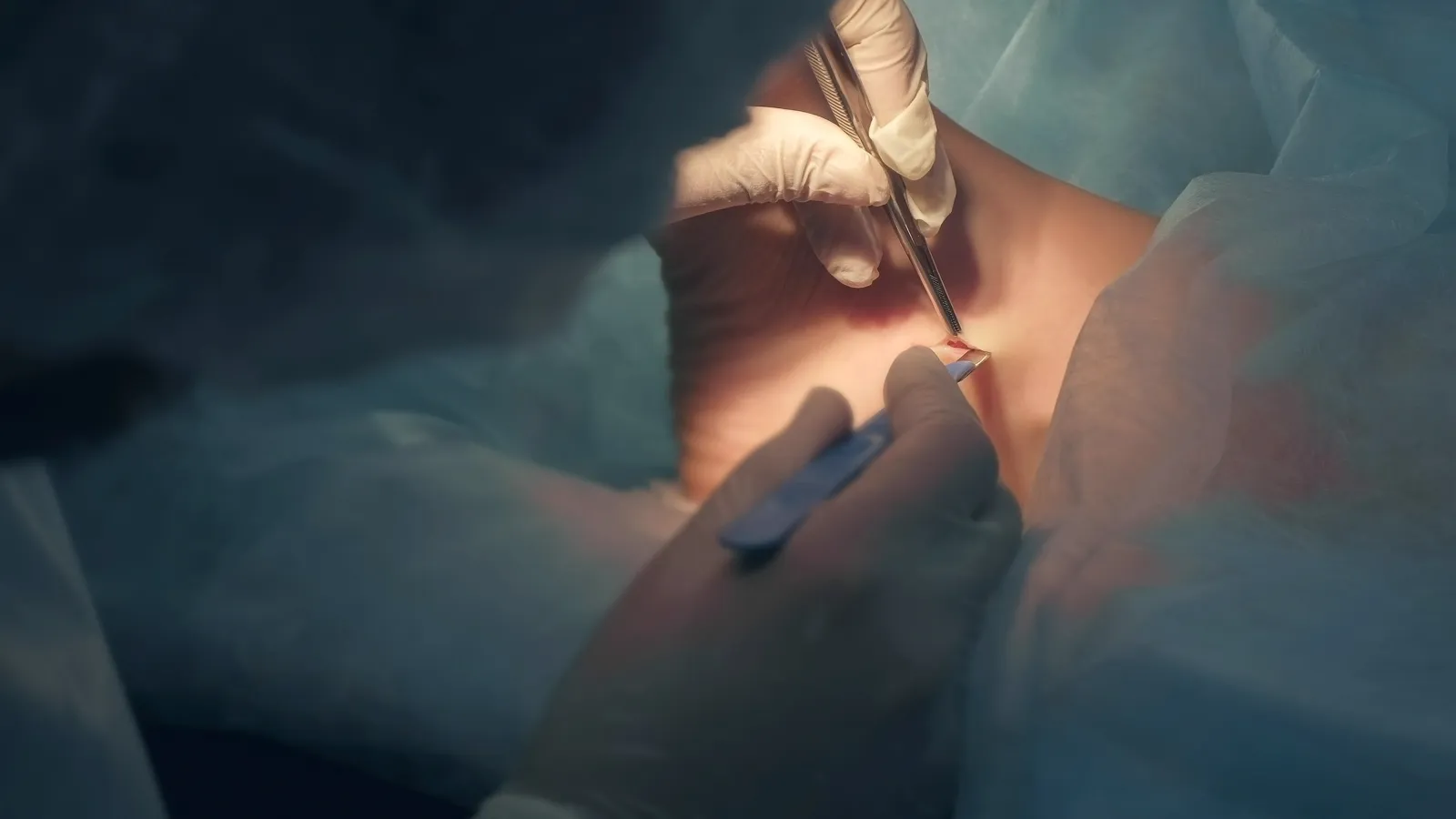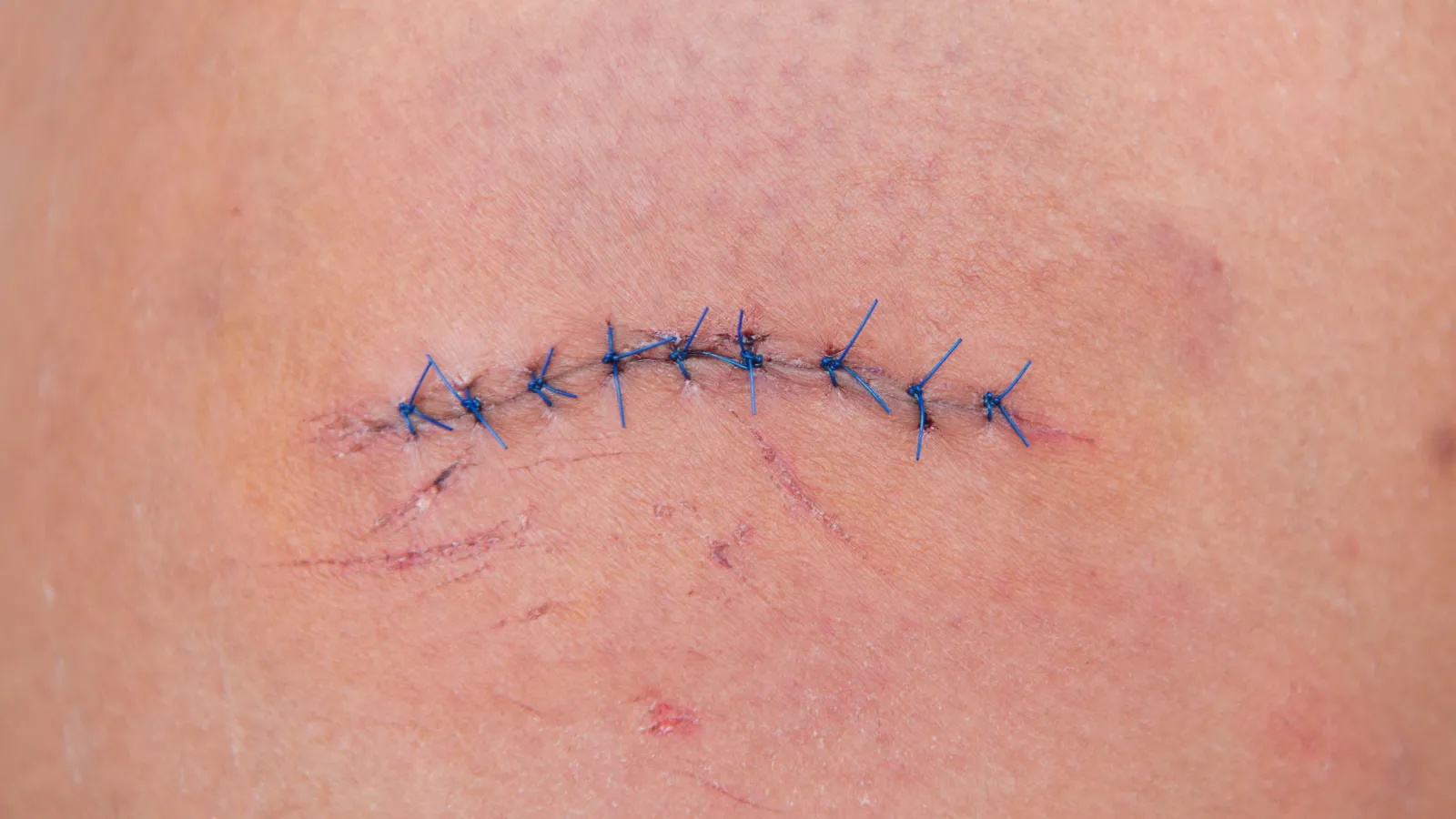Oophorectomy
Oophorectomy is a surgery to remove one or both ovaries. It is also referred to as ovariectomy.
What Is Oophorectomy?
An oophorectomy may be performed in cases of:
- Cancers
- Abscesses or cysts
- Benign tumors
- Torsion- a twisting of the ovaries
In some cases, this treatment may be used to prevent cancer. There are two types: Minimally Invasive Laparoscopy and Open Surgery (Laparotomy).

How Advanced Gynecology Can Help
Our dual board-certified surgeons and specialists are here for you. If you'd like to learn more about oophorectomy or any other gynecological service, contact one of our patient coordinators today to book an appointment or to request more information from our care team.
For more information, schedule an appointment today or call 678-263-0280 to speak with one of our patient coordinators.


